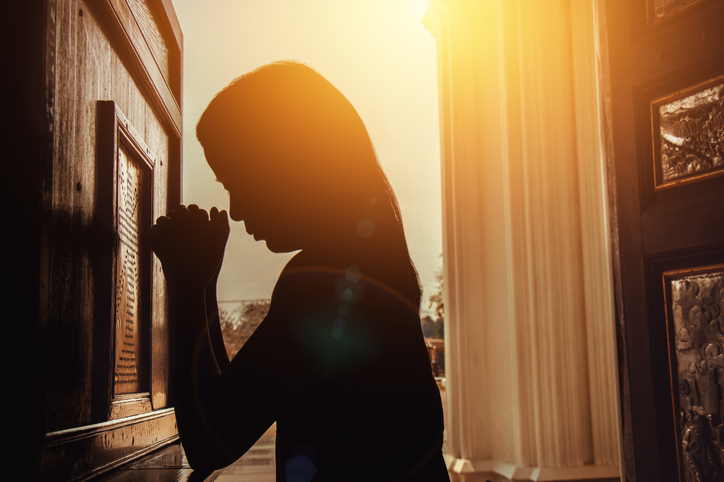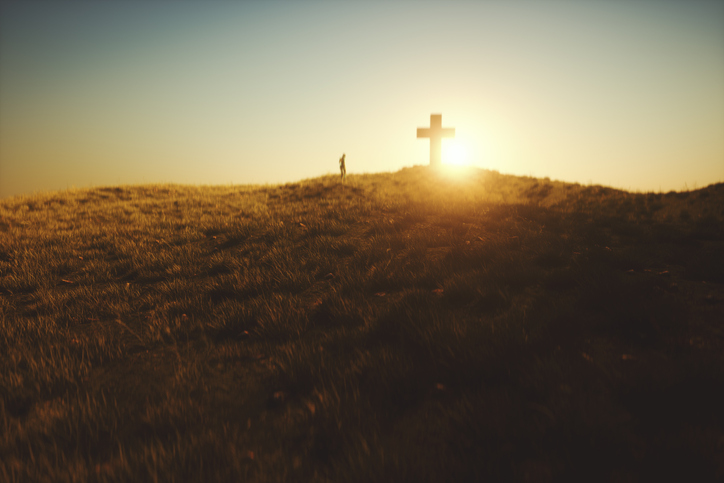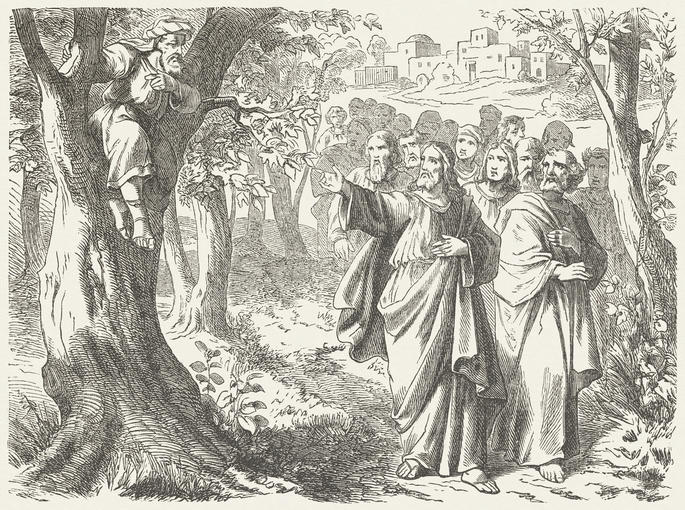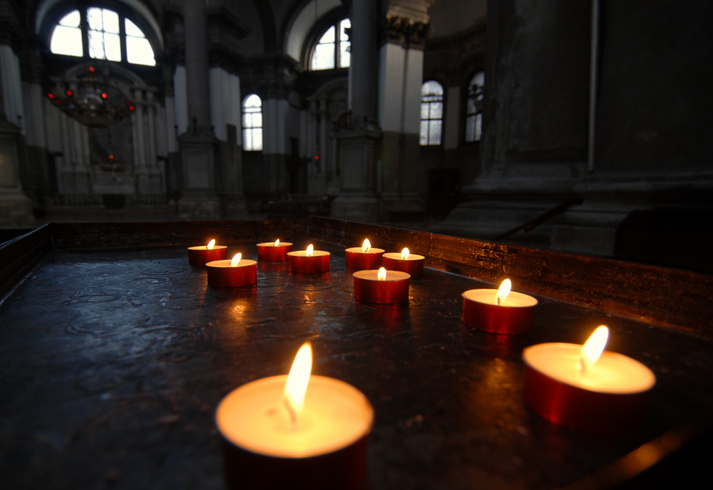Today’s readings have a little bit of a heavier hand, with a lot of focus on sin and temptation and the ramifications. Hearing the line, “It would be better for him if a millstone were put around his neck and he be thrown into the sea than for him to cause one of these little ones to sin,” always makes me stop and take pause, especially now working in youth ministry. I’m always questioning myself, “Am I leading these kids astray?”
Listen, nobody likes talking about sin. It is difficult for us, as humans, to admit our failings and our shortcomings on a very basic level. It is even more difficult when they are put in the spiritual context, in the presence of our Heavenly Father, a Father that is so good and so loving, so kind and so merciful, none of which we actually deserve in our sinful state.
But there’s another kind of hurt, another kind of pain, when we lead another into sin as well. Usually, it’s the result of our own sin and, sometimes, we can be so caught up in it that we fail to see the harm that we’ve caused. But, when we are aware of our own actions, the guilt that accompanies can be overwhelming.
Instead of pain, what’s offered to us is mercy. I feel like a heart emoji should follow that word. Or maybe a crying face emoji.
God’s heart is so full of love for us, a depth that we could never imagine. Although original sin separated mankind from a life lived with God, He sent His only Son to reconcile us, His sons and daughters, to Himself, because He didn’t want to live without us.
Sin threatens our relationship with God, tries to separate us from Him. However, we have the opportunity to right our relationship with Him through the beautiful Sacrament of Reconciliation.
And, yes, if we struggle to admit our faults to our families, friends, and even strangers on the street, it is ten times more difficult to confess our sins to a priest who is acting in persona Christi. It is tough to tell our perfect Father all the ways we have failed to be perfect and whole. But, my brothers and sisters, it is so, so worth it.
When you give your sins over to the Lord, and He pours out His mercy upon you, it is the most incredible, freeing feeling. People often describe walking out of the confessional as walking on a cloud, uplifting, glowing, and many other comforting terms.
That’s what Jesus wants to do – to give us comfort and peace. I pray that we can answer that call, to walk boldly into the confessional, leave our sins behind and accept His mercy and forgiveness.

Erin is a Cleveland native and graduate of Franciscan University of Steubenville. Following graduation, she began volunteering in youth ministry at her home parish of Holy Family Church. Her first “big girl” job was in collegiate sports information where, after a busy two years in the profession on top of serving the youth, she took a leap of faith and followed the Lord’s call to full-time youth ministry at St. Peter Church. She still hopes to use her communication arts degree as a freelance writer and statistician, though. You can catch her on the Clarence & Peter Podcast on YouTube as well as follow her on Twitter @erinmadden2016.

















